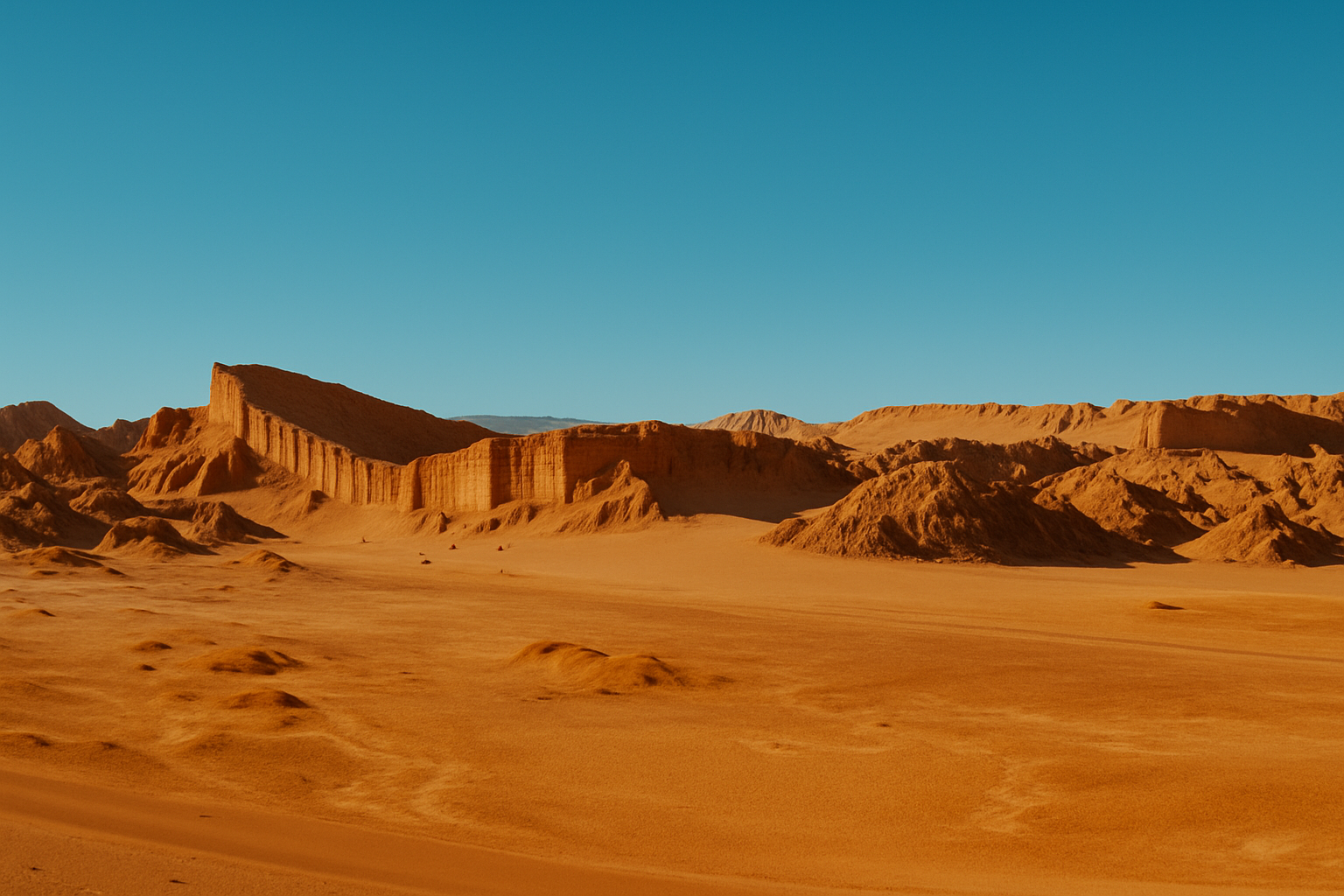Motivation
"There are no grey areas when survival is at stake. There is no lesser evil. That's why today young people are striking in every corner of the world — and that's why we ask adults to join us in the streets. When our house is on fire, we cannot let the children be the ones to put it out; we need the adults to take responsibility for having lit the spark. So, for once, we ask the adults to follow our example: we cannot keep waiting." — Greta Thunberg (Sweden), Davos, 2019.
When I read this, I couldn't stop thinking that not only as an adult, but as a filmmaker, I had more than a duty — an obligation — to do something. And I began to investigate, only to find the devastating evidence that most scientists around the world, in all languages and all media, are warning us about the looming climate crisis. Yet very little is being done, since other urgencies dominate the agendas of governments and individuals.
To this are added the ongoing wars across several continents and the proliferation of nuclear weapons. Today, nine countries possess around 12,500 nuclear warheads — far more powerful than those dropped on Hiroshima and Nagasaki. And, moreover, some of these nations are led by people who are truly unreliable.
We are living in an extremely dangerous time, in which our home — our planet — could easily collapse in its habitability and endanger our very existence, whether through climate crisis, wars, or both.
But how did humanity reach this situation? We have allowed ourselves to be ruled by greed, ambition, and selfishness. These drives and patterns of behavior have been the central engines propelling our society to this uncertain place. Just look around: humanity continues to destroy glaciers, the freshwater of the future, in the search for more minerals; it keeps drilling the Earth for more oil and gas; cutting down forests for timber; spraying fruit trees with pesticides regardless of the disappearance of essential pollinating insects — and so on. The list of barbarities committed for money is long.
I believe the only thing that can save us as a species is to reinvent or restart ourselves — to build societies whose central motivation, whose driving force, is love for others, justice, cooperation, human dignity, the common good, fraternity, humility, and solidarity.
And this is what I seek to convey through this series: we still have time to build a better world.
I am certain that 2085 will help viewers more clearly visualize what our world could become if it collapses; immersing them audiovisually in that scenario, supported by a universal story of love and sacrifice, friendship and loyalty, will make the message reach them more deeply — moving them, awakening awareness, and inspiring action at this crucial moment for humanity.
As an artist, as a creator, I don't want to tell just an entertaining story — I want to tell a story with purpose and meaning. And I believe this one is urgent: it's about pure survival. I feel there's no point in making comedies, adventure films, or social dramas if tomorrow we have no habitable home. It is the responsibility of our generation to prevent that from happening. Sadly, I am aware that we are the only generation in the history of our civilization that will leave our children a worse world than the one we received from our parents.

